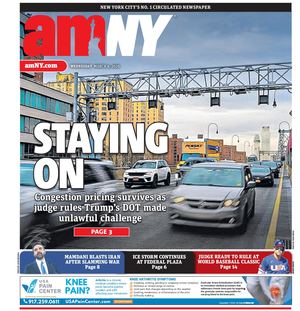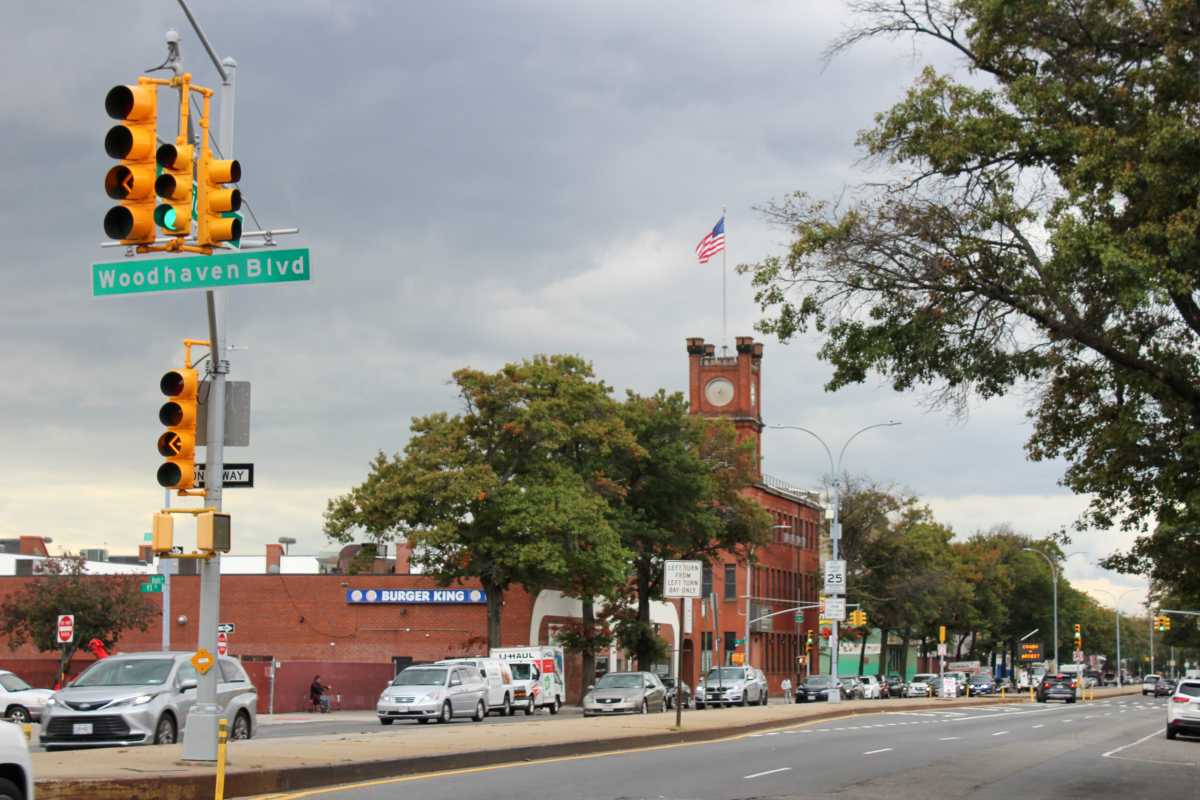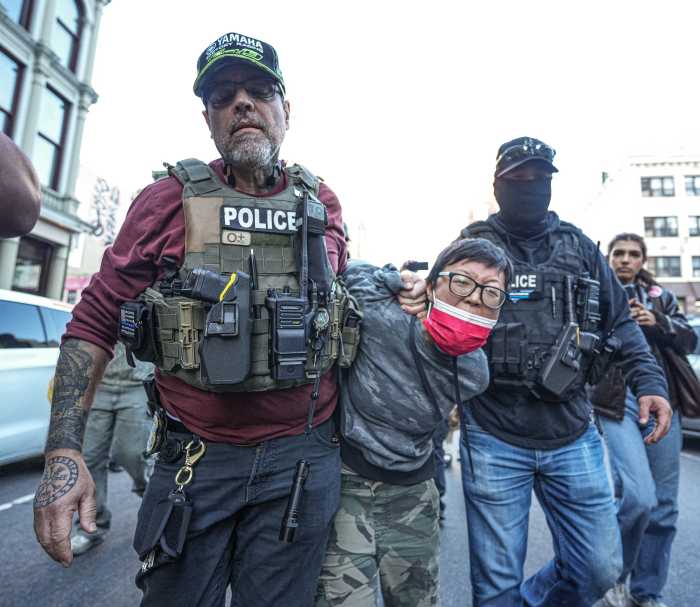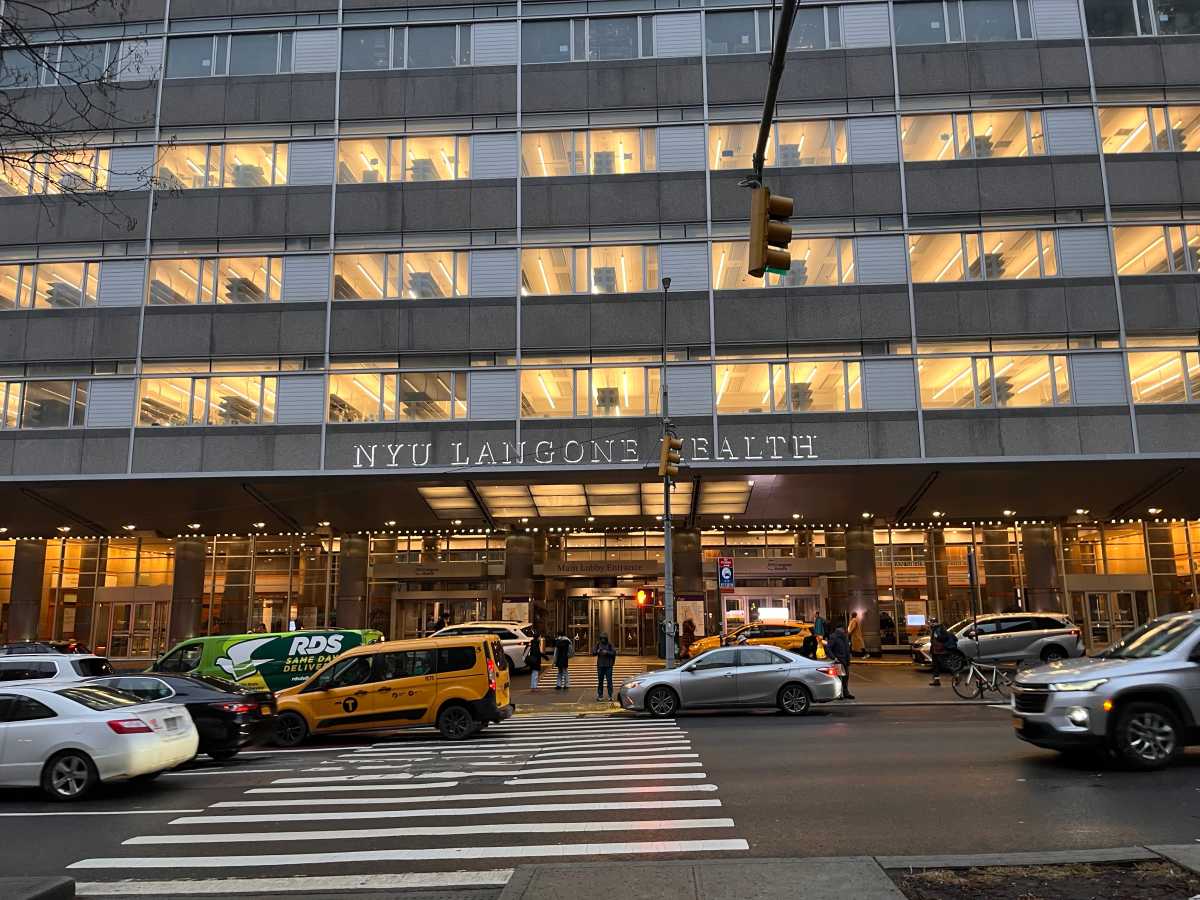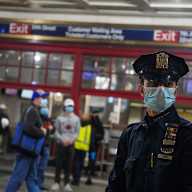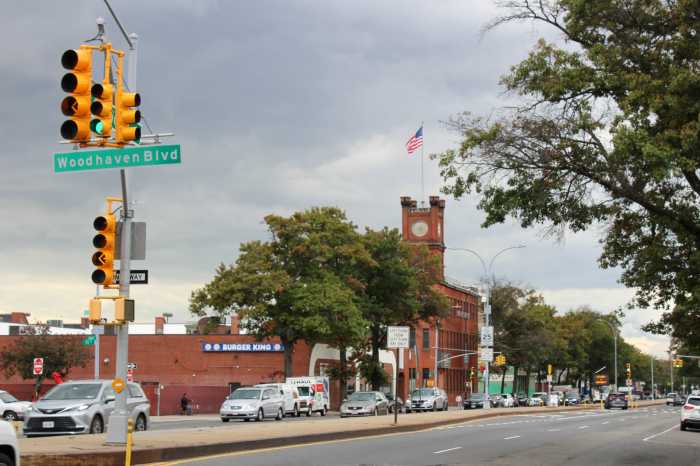BY ALBERT AMATEAU | The Greenwich Village-Chelsea Chamber of Commerce last week completed its Small Business Impact Survey on the New York University 2031 Plan and found that the university is a source of revenue for 95 percent of the 110 businesses in the survey.
The survey area — between Sixth Ave. and Broadway and from Broome to 14th Sts. — was selected in order to evaluate the impact of N.Y.U. on small businesses around the Washington Square campus, including the two superblocks of the planned development between LaGuardia Place and Mercer St. from Houston to W. Third St.
Nevertheless, 54 businesses, about half of the survey, said they did not know about or were only vaguely aware of the plan to add four large buildings as part of 2.5 million square feet of space (half of it underground) to the two superblocks over the next 20 years.
G.V.C.C.C., with more than 225 businesses and institutions, including N.Y.U., in Greenwich Village, the East Village, Chelsea and Soho, has strongly supported the project currently undergoing the city’s uniform land use review procedure (ULURP).
After explaining the project to survey respondents who originally said they were not familiar with the project, many of these merchants expressed their support for the plan that would bring more students, faculty and staff into the neighborhood.
“Just under 10 percent said they didn’t support N.Y.U. 2031,” said Tom Gray, G.V.C.C.C. executive director. Several small business owners and managers said they were concerned about new commercial space and feared that additional competition from national chains could threaten small locally owned businesses.
Some owners and mangers said they were worried about operating during construction.
While G.V.C.C.C. does not support restrictions on commercial space, the chamber said N.Y.U. should commit to leasing new commercial space to nonprofit enterprises or small businesses independently owned and operated and not dominant in their field.
To aid businesses affected by construction, the chamber said N.Y.U. should create a grant program to pay for signs, marketing campaigns and rent or utility relief for qualifying businesses.
Such a grant was established in 2010 to help Queens merchants impacted by the Flushing Commons development, the survey statement said. G.V.C.C.C. said the university should work with business owners to identify where support is needed.
Regarding the large number of survey respondents who knew little or nothing about N.Y.U. 2031, the chamber called on the university to mail information about the project to the businesses in zip codes 10011, 10010 and 10003, which were in the survey area.
“The G.V.C.C.C. is committed to working with the university to reach out to local merchants,” the survey report said.
The government relations committee of G.V.C.C.C. decided in February to conduct the small business survey, which began Feb. 27 and ended Fri., March 30.
Almost 70 percent of the businesses in the survey said the university was important or very important to them, providing more than 20 percent of their customers.
Even among those against the project, 58 percent attributed more than 10 percent of their business to N.Y.U.
The survey concluded that the 110 businesses surveyed — a sample of the small business community — accounted for 1,189 jobs.
“It is safe to say, then, that aside from the more than 16,000 jobs provided by the university, the small business community employs thousands of New Yorkers,” the survey said.
Meanwhile, a new small business coalition, Villagers for a Sustainable Neighborhood, which recognizes that N.Y.U. is good for the neighborhood and must expand but insists the expansion be scaled down, is growing.
Judy Paul, C.E.O. of the Washington Square Hotel, said on Tues., April 3, that the group, which began organizing in February, now has more than 50 small businesses, property owners and block associations.
“The rapid growth of Villagers for a Sustainable Neighborhood shows that most small businesses in the neighborhood want N.Y.U. in good faith to negotiate with us and the community to find a commons-sense solution,” Paul said. “We recognize that N.Y.U.’s current plans would do more harm than good for the community,” she added.
The coalition seeks to have N.Y.U. reduce the density of the plan, create quality, accessible public open space, finance new infrastructure features, including improved subway stations, and pay for construction of a new public school.
